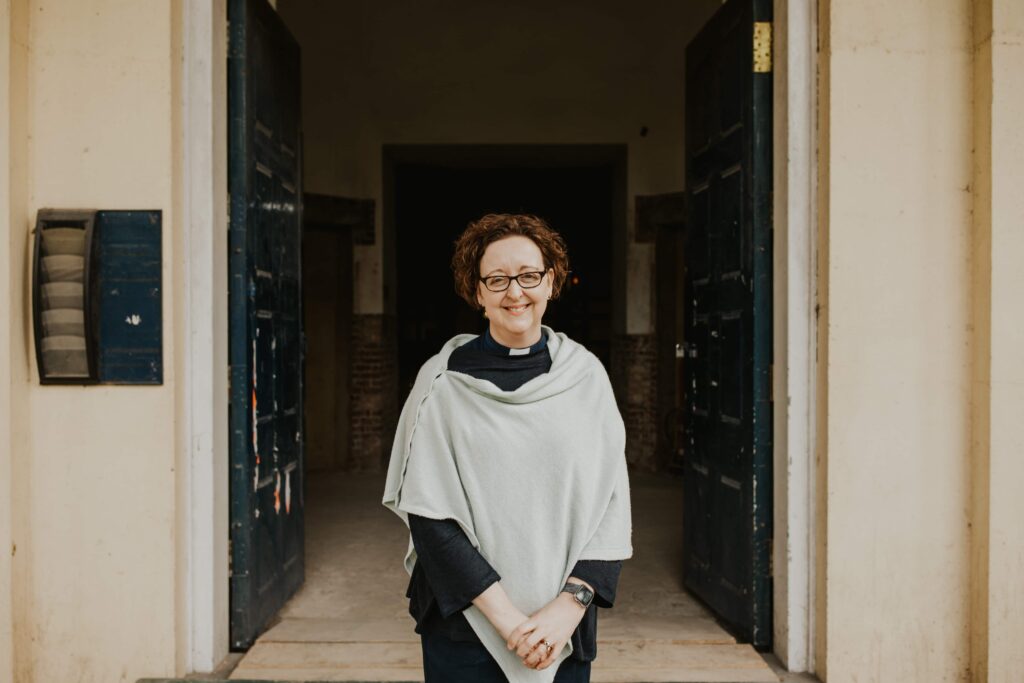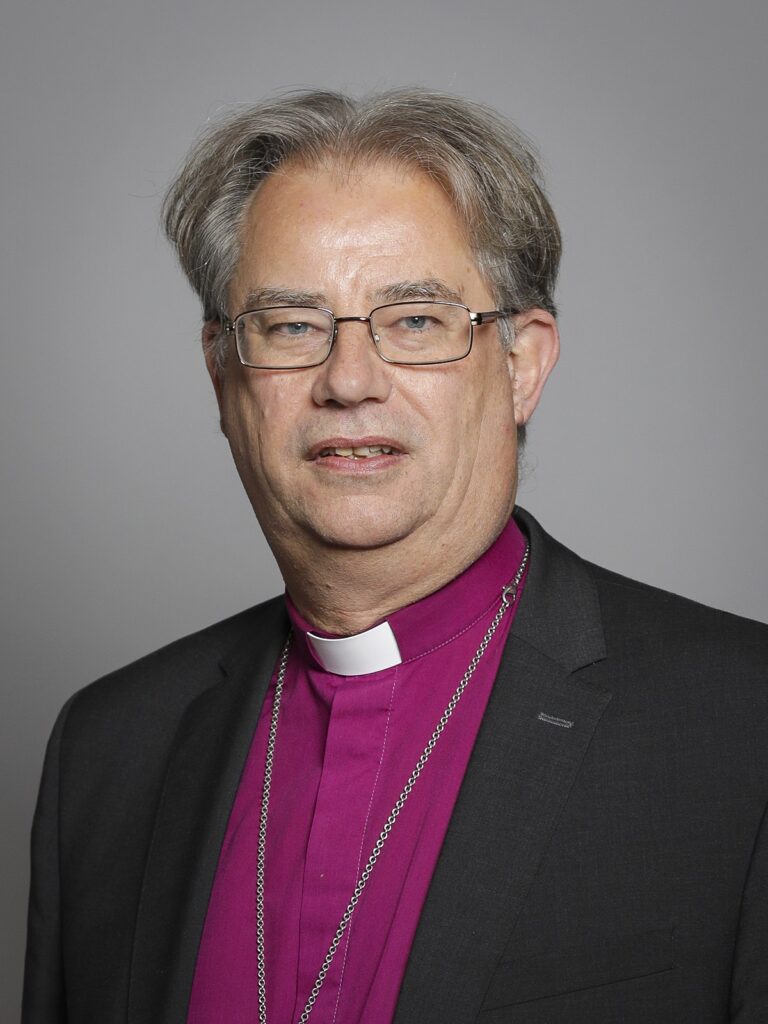
Last Sunday at General Synod in York, something seemed to crack. The power dynamics that have kept the members of the Church of England hierarchy firmly in charge. shifted significantly to favour voices from the floor in a decisive way. At a critical moment, it seemed that the rule book of Synod would prevail to suppress the manifest desire of the gathering to hear from the two sacked members of the Independent Safeguarding Board. On the fourth? attempt, a procedural arrangement was found to allow them to speak. Jasvinder Sanghera and Steve Reeves who, until two days ago, were members of the ISB, were allowed to present Synod with their perspective on the recent struggles to bring clarity and decency to the whole tarnished record of safeguarding in the Church of England.
Any examination of the power struggles that have been going on around the CofE on safeguarding will have noticed that survivors and their supporters have grown in confidence in recent times. This is in no small way thanks to the ability of the internet to allow communication between supporters of this cause to flow freely and quickly. The power of the ‘establishment’ to dictate a version of reality that suggests consistent competence and good judgment on the part of senior members of the Church, has been increasingly questioned and challenged. Finally, the voice of the weak, illustrated in the Gospels by the importunate widow, has broken through decisively to claim the moral and political high ground. It is quite clear that institutional power as represented by the Archbishops’ Council did not hold the version of truth that the bulk of Synod members wanted to affirm. They applauded the cause of the abuse survivors and those working for them, especially Jasvinder and Steve. Attempts by the platform to control the narrative and show the Church of England as a consistently compassionate and competent body seem to have totally failed.
Overall the dynamics of power within the Church of England have proved remarkably stable over the centuries. Looking at the office of bishop, we see how anyone achieving this rank in the past acquired automatic access to the highest social and legal institutions in the land. Even the manner of your dress was meant to impress your social inferiors with an aura of high status and power. The ordinary folk did not disagree with a figure who could claim superior learning, the authority of God and the law of the land on his side. Whether the advent of women to the status of bishop will do much to change this still powerful dynamic is unclear. What still seems to be true is that, despite many changes in society, bishops still possess considerable power and influence over others. Synodical government in the CofE and the later institution of Archbishops’ Council (AC) by Archbishop Carey attempted to inject a more collegiate feel to the office but the influence of each individual bishop is still strong. Currently, particularly over the past day or two, the role of the AC has come under scrutiny. Although the membership of this body, which includes lay and clerical members is known, much of what they do and the way decisions are reached is shrouded in mystery, since no minutes are published. It is also unclear who has the most powerful voice within this Council. The episcopal voice nevertheless appears to be strong. We are also assured that the Council decision to dissolve the ISB was unanimous. There is however a suggestion, based on some informal remarks of Archbishop Justin, that both Archbishops wanted a pause in putting this decision into effect. It would be expected that someone on this Council would have realised how utterly devastating to survivors the precipitate dissolution of the Board would prove to be. The sudden withdrawal of support to dozens of survivors would be a reckless action and probably seriously detrimental to their well-being. A ‘unanimous’ decision on this point would indicate a lack of heart as well as a political insensitivity to the mood of Synod as well as the wider Church. It is hard to believe that a true representative body containing so many illustrious members of the national Church would be so totally lacking in emotional intelligence and good old fashioned common sense. If the decision to abolish the ISB was indeed unanimous, then this should give us serious concern for the calibre of those who manage the affairs of the Church at the highest level.
July 2023 will be remembered in the CofE as the time when some of the old patterns of unquestioning obedience to bishops and their power was challenged. Another momentous day took place in the Winchester diocese two years ago when a group of courageous clergy and laity made it known that they intended to propose a vote of no confidence in their bishop. For those in stipendiary positions this was a high-risk action. Bishops have considerable power over the careers and livelihoods of active clergy, and it was possible that some careers would be blighted for ever because an individual had been identified as a ‘troublemaker’. Promotion in the Church seems to work well some of the time, but it is easy to become ‘non-grata’ for taking a strong line or taking up an unpopular cause. I am also aware of at least two recent cases of the opposite – favouritism. Two individuals have been preferred or promoted in the middle of serious CDM processes against them. The question arises:- Was this individual being promoted to remove them from indiscretions in their old post? Was there a hope that all the CDM problems would thus somehow vanish? Are sending or receiving bishops in the CofE, by ignoring an unresolved CDM, colluding with what is effectively a corrupt procedure? I mention these two CDM processes left hanging because they indicate that at least four bishops are using their authority to steamroller the statutory systems of justice so as to favour individuals. Arbitrary decision making by bishops is likely to be an issue in many parts of the church, but it is only occasionally, as during this past week, that the curtain is pulled back sufficiently for us to see arguably dishonest, even shameful activity among our leaders on the AC. Perhaps it is only a matter of time before laity and clergy routinely question episcopal decisions that are made. Of course, the bishops may be correct in their judgements but equally they may be wrong. No one should ever be penalised for not adopting the necessary awe and deference to the fathers and mothers in God.
The speeches given by Jasvinder and Steve this week at York will have considerable impact on the future of church safeguarding. They will also make it much more difficult for people with power in the church to ignore the needs of survivors and the abused. I suspect that every bishop in the CofE will feel the effect of the fresh air of decency, justice and fair play that were on display at York. Any future attempt by those In authority to favour the institution over abuse sufferers will find that task far harder. They will be less inclined to ignore or suppress systems of justice because they can. Rather they may be inclined to look for the path that indeed puts the survivor at the centre rather than the reputational and financial interests of the Church. We will see. At the very least we hope to have a clearer sense of the way that everyone in the Church, from archbishops downwards, can work together with the standards of love, justice, openness and healing right at the top of the agenda.







